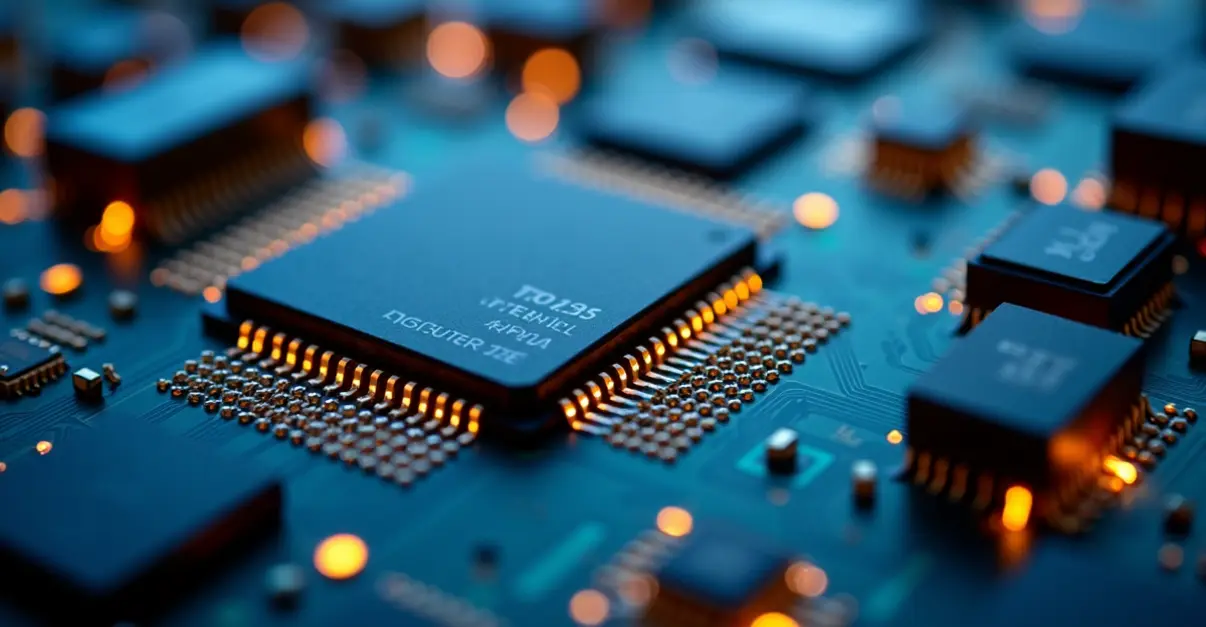Chinese Owner Wingtech Demands Return of Chipmaker Control
Wingtech Technology, the Chinese parent company of semiconductor manufacturer Nexperia, has formally demanded that the Dutch government reverse its unprecedented takeover of the chipmaker. In a statement sent to Dutch media, Wingtech called the government's intervention using a 1952 law "unprecedented" and demanded immediate restoration of control over the Nijmegen-based company.
The conflict escalated on September 30, 2025, when Dutch Economic Affairs Minister Vincent Karremans invoked the Goods Availability Act to take control of Nexperia's governance. This marked the first time in Dutch history that this emergency legislation has been used to intervene in a private company's operations.
Immediate Consequences and Global Chip Crisis
The Dutch intervention triggered immediate retaliation from Chinese authorities, who imposed an export ban on Nexperia chips manufactured in China. This has created a potential crisis for the European automotive industry, particularly in Germany, where manufacturers rely heavily on Nexperia's semiconductors for vehicle electronics.
"We cannot rule out short-term production impacts," a Volkswagen spokesperson told Reuters, highlighting the vulnerability of modern automotive supply chains.
The German Association of the Automotive Industry (VDA) issued an urgent warning, stating that "the situation could lead to significant production restrictions or even production stoppages if the chip delivery interruptions are not resolved quickly."
Internal Corporate Conflict Escalates
The dispute has created a deep rift within Nexperia itself. The Chinese branch of the company has publicly declared independence from the Dutch headquarters, sending a letter to employees stating they no longer need to follow instructions from Nijmegen.
Meanwhile, Dutch courts have removed Chinese CEO Zhang Xuezheng from his position after other board members raised concerns about his management. Court documents revealed allegations that Zhang was secretly "moving production capacity, financial resources, and intellectual property rights abroad," creating what Minister Karremans described as an "acute and serious threat" to European chip production.
Geopolitical Implications and High-Level Talks
The situation has escalated into a diplomatic confrontation between the Netherlands and China. Chinese Commerce Minister Wang Wentao stated last week that the Netherlands must provide a "solution" before China would lift its export restrictions, effectively demanding that the Dutch government reverse its decision first.
Minister Karremans has been engaged in high-level talks with Chinese counterparts, but sources indicate little progress has been made. A spokesperson for the Dutch Ministry of Economic Affairs declined to comment on whether returning control to Wingtech is being considered, stating only that "the ministry is in dialogue with Chinese authorities."
Broader Impact on European Tech Security
The Nexperia crisis highlights growing concerns about European technological sovereignty and supply chain security. Nexperia produces approximately 50 billion chips annually, with the majority manufactured in its Chinese facilities. The company's products are essential components in everything from automobiles to consumer electronics.
Wingtech warned in its statement that "a Nexperia without Chinese operations is doomed to fail," emphasizing that Europe cannot quickly replace the lost production capacity. This reality underscores the delicate balance between national security concerns and economic interdependence in the global semiconductor industry.
The Dutch intervention follows similar actions by other Western governments. The United States placed Wingtech on its entity list in 2024, and the UK government forced Nexperia to sell its Newport wafer fab in 2022 over national security concerns.
As the standoff continues, industry analysts warn that the situation could have lasting implications for international trade relations and the global semiconductor supply chain, particularly as countries increasingly view chip manufacturing as a matter of national security.

 Nederlands
Nederlands
 English
English
 Deutsch
Deutsch
 Français
Français
 Español
Español
 Português
Português










